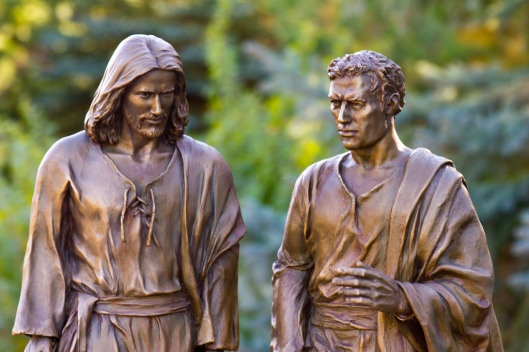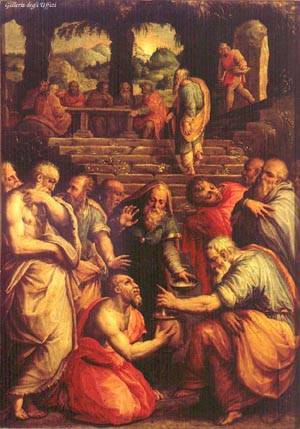Tags
Acting, America, Angelina Jolie, Angels, Animation, Archangels, Artists, Australia, Awesome, Bad Catholic, Barcelona, Beaches, Beauty, Bloggers, Bounty, Brazil, Cafe, Canada, Catechism, Catholic, Catholic Gentleman, Champions, Chastity, Children, Chocolate, Christ, Christian, Christos, Cloud, Coffee, Comic book, Congress, Country, Creation, Cricket, Curia, Day, Desire, Disney, Dubai, Empire, Eternal, Eternity, Europe, European, EWTN, Facebook, Facebool, Fairy, Fantasy, Fashion, Favorite, Favourite, Fly, Football, Fr. Robert Barron, Friends, Friendship, G. K. Chesterton, God, Greek, Guardian Angels, Hades, Happiness, Holy Gospels, Holy Land, Holy Mass, Holy Spirit, Human, India, Iron, Jerusalem, Jesus, Jesus Christ, Joy, Latin America, Latin Mass, Latin Rite, Lebanon, Legends, Literature. Writers, Lourdes, Love, MAjor, Maleficent, Mighty, Mother Teresa, Motion picture, Movies, Music, Night, Oprah, Painting, Passion, Patriach Barthalonew, Peace, Picasso, Pilgrimage, Pope, Pope Francis, Pope john Paul II, Power, Power of Jesus, Protestant, Proverbs, Pslams, Roman Curia, Rome, Sacraments, Saintly life, Saints, Soccer, Social Media, Soulful, St. John, St. Teresa, St.Peter, Superbowl, Superheroes, Traditional Rite, UAE, UK, Universe, USA, Vatican, Vatican News, Wings, Word of God, Word on Fire, Word Press, Wordpress
Lenten Reflection: Day 30
Gospel, John 5:17-30
Here is a short excerpt from St. Cyril of Alexandria’s eloquent commentary on today’s Gospel theme.
The narrative does not herein contain the simple relation of the madness of the Jews: for the Evangelist does not shew only that they persecute Him, but why they blush |242 not to do this, saying most emphatically, Because He was doing these things on the sabbath day. For they persecute Him foolishly and blasphemously, as though the law forbad to do good on the sabbath day, as though it were not lawful to pity and compassionate the sick, as though it behoved to put off the law of love, the praise of brotherly kindness, the grace of gentleness: and what of good things may one not shew that the Jews did in manifold ways spurn, not knowing the aim of the Lawgiver respecting the Sabbath, and making the observance of it most empty? And herein is the type: but when the Truth came, that is Christ, Who destroyed and overcame the corruption set up against man’s nature by the devil, and is seen doing this on the Sabbath, as in preface and commencement of action, in the case of the paralytic, they foolishly take it ill, and condemn the obedience of their fathers, not suffering nature to conquer on the sabbath day the despite done it by sickness, to such extent as to be zealous in persecuting Jesus Who was working good on the sabbath day.
He works all things together with the Father, and that, having the Nature of Him Who begat Him in Himself, by reason of His not being Other than He, as far as pertains to Sameness of Essence, He will never think ought else than as seemeth good to Him Who begat Him. But as being of the Same Essence He will also will the same things, yea rather being Himself the Living Will and Power of the Father, He worketh all things in all with the Father. Therefore says He, And I work. He shames then with arguments ad absurdum the unbridled mind of His persecutors, shewing that they do not so much oppose Himself, as speak against the Father, to Whom Alone they were zealous to ascribe the honour of the Law, not yet knowing the Son Who is of Him and through Him by Nature. For this reason does He call God specially His own Father, leading them most skilfully to this most excellent and precious lesson.

The Son can do nothing of Himself, but what He seeth the Father do: for what things soever He doeth, these doeth also the Son likewise. For in that He is able to do without distinction the works of God the Father and to work alike with Him That begat Him, He testifieth the identity of His Essence. For things which have the same nature with one another, will work alike: but those whose mode of being is diverse, their mode of working too will |247 be in all respects not the same. The Son (it says) can do nothing of Himself but what He seeth the Father do. The word cannot, or impossibility, is predicated of certain things, or is applied to certain of things that are. When then He on the sabbath day was compassionating the paralytic, the Jews began trying to persecute Him: but Christ shames them, shewing that Grod the Father hath mercy on the sabbath day. For He did not think He ought to hinder what things were tending to our salvation. And indeed He said at the beginning,My Father worketh hitherto, and I work.
Therefore Christ says, that no man knoweth Who the Son is but the Father, and Who the Father is, but the Son. For the accurate knowledge of each is in Both, not by learning, but by Nature. And God the Father seeth the Son in Himself, the Son again seeth the Father in Himself. Therefore He saith, I am in the Father and, the Father in Me. But “to see” and “to be seen” must here be conceived of after a Divine sort.

St. Cyril of Alexandria
Understand then that Jesus says with a kind of emphasis to those who were angry at His deeds of good and found fault with His holy judgments, following only their own imaginations, and so to speak defining as law that which seemed to them to be right even though it be contrary to the Law:—- I can of Mine Own Self do nothing, i. e., I do all things according to the Law set forth by Moses, I endure not to do anything of Myself, as I hear, I judge. For what willeth the Law? Ye shall not respect persons in judgment, for the judgment is God’s. why then (saith He) are ye angry at Me because I have made a man every whit whole on the sabbath day, and condemn not Moses who decreed that children should be circumcised even on the sabbath. Judge not according to the appearance, but judge righteous judgment. If a man on the sabbath day receive circumcision, that the Law of Moses should |280 not be broken, thus without due cause are ye vexed at seeing a man every whit healed on the sabbath day? I therefore judged justly, but ye by no means so, for ye do all things of yourselves. But I can of Mine Own Self do nothing; as I hear, I judge, and My Judgment is just, because I seek not Mine Own Will, as ye do, but the Will of the Father Which sent Me.
(Source)












